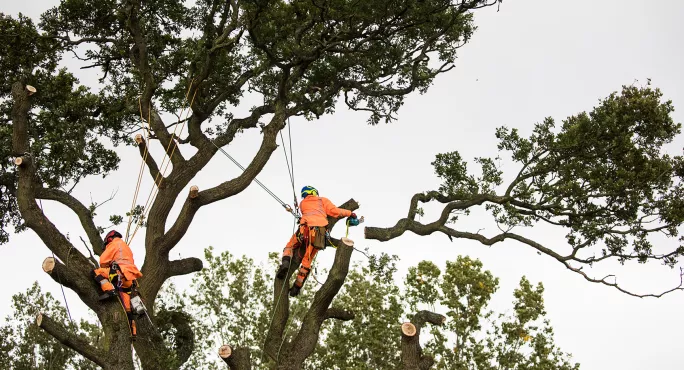Two-thirds of heads ŌĆśhave to cut teaching assistantsŌĆÖ

Nearly two-thirds of senior leaders say they are having to cut teaching assistants - up from 42 per cent last year, polling shows.
And the proportion of school leaders reporting that they are cutting school trips more than doubled from 21 per cent last year to 50 per cent this year, in the survey by the╠²National Foundation for Educational Research. The poll, involving╠²1,428 teachers, was carried out for social mobility charity the Sutton Trust.
In the Teacher Voice Omnibus Survey, 42 per cent reported having to cut IT equipment, 40 per cent reported cutting support staff and over a quarter (26 per cent), sports and extracurricular activities - all figures that are higher than last year.
- Č┘Š▒▓§▓╣╗Õ▒╣▓╣▓į│┘▓╣▓Ą▒:╠²Pandemic leads to 21 per cent rise in pupils on free school meals
- Free school meals:╠²Urgent call for free school meals for all pupils in Scotland
- Attainment:╠²Rise in free school meals pupils ŌĆ£will distort attainment dataŌĆØ
Two in five (41 per cent of) primary and secondary senior leaders reported using their pupil premium - funding given to schools to support poorer pupils - to plug gaps in their general budget.
This is an increase from 33 per cent in 2022 and is the highest figure since the trust began publishing polling on the issue in 2017, suggesting that schools are struggling to meet rising costs.
Funding pressures forcing schools to make cuts
The research highlights some of the financial pressures that schools are facing amid rising inflation and increasing staffing costs.
Carl Cullinane, director of research and policy at the Sutton Trust,╠²said the survey painted a ŌĆ£deeply concerningŌĆØ picture.
ŌĆ£The government must urgently review the funding given to schools, particularly those in the most deprived areas, in light of these trends,ŌĆØ he added.
ŌĆ£It is also vital that the government does not lose sight of the importance of education recovery, and should urgently increase investment to ensure that no pupils are left behind.ŌĆØ
Pupil premium funding is designed to improve educational outcomes for disadvantaged pupils in state-funded schools in England.
Schools have to╠²publish a statement on their website that presents an overview of their pupil premium strategy, and demonstrates that their use of the funding meets the requirements of the╠²conditions of grant, which .
A Department for Education spokesperson said:╠²ŌĆ£Next year, school funding will be at its highest level in history - in real terms╠²- as measured by the IFS, following the additional ┬Ż2bn of investment for both 2023/24 and 2024/25 in the autumn statement.
ŌĆ£Every school in England is set to benefit from this boost, which will support schools with salary╠²uplifts, as well as things like school trips and essential learning materials. Primary and secondary schools will find out on Wednesday exactly how much funding they will receive in additional funding for 2023/24.
ŌĆ£This funding uplift is on top of╠²additional grants schools are provided with to boost specific areas, including almost ┬Ż5bn for education recovery support and extra funding for sports through the PE and Sport premium .ŌĆØ
Register with Tes and you can read two free articles every month plus you'll have access to our range of award-winning newsletters.
Keep reading with our special offer!
YouŌĆÖve reached your limit of free articles this month.
- Unlimited access to all Tes magazine content
- Save your favourite articles and gift them to your colleagues
- Exclusive subscriber-only stories
- Over 200,000 archived articles
- Unlimited access to all Tes magazine content
- Save your favourite articles and gift them to your colleagues
- Exclusive subscriber-only stories
- Over 200,000 archived articles
topics in this article



